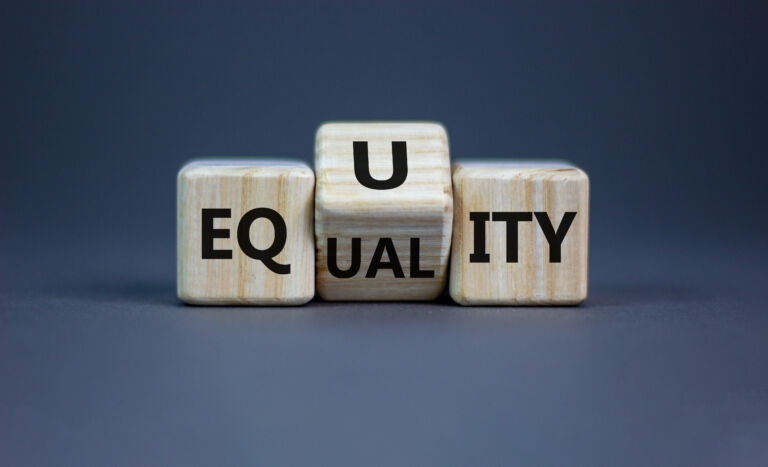Income inequality is a relative measure; poverty is not:
Gainful employment is without a doubt crucial in keeping people happy and healthy. And there is no question that high levels of unemployment and stagnant wages for low-skilled jobs have contributed to economic inequality. But people don’t die of inequality; they die of poverty. Inequality is the measure of a difference, and the size of this gap between rich and poor can widen even when the poor are doing increasingly well, and it can can narrow even when conditions for the poor deteriorate, as it usually does during recessions. Inequality can be reduced by increasing transfers from rich to poor, but it is the money, not the reduction in the income gap that helps. It’s unclear what is to be gained by confusing inequality and poverty in this way.
Longtime Locker Room readers will remember this distinction being made in urging that the newly formed UNC poverty center vehicle for John Edwards actually tackle its nominal duties:
Edwards needs work if he’s going to put up a serious front that this is only about addressing poverty. The N&O reported today that “Edwards announced Friday that he will head a new nonpartisan center to study ways to move more Americans from poverty to the middle class” (emphasis added).
Someone serious about the issue of poverty would have to recognize pretty much immediately that it’s not the same as being poor — which is a relative measure. In the simple terms implied by Edwards, it’s not upper class, middle class, poverty. Poverty implies privation or the inability to address one’s most basic needs. Being poor means lacking wealth relative to one’s neighbors in that one is unable to address one’s wants.
Alas, Edwards did extraordinarily little during his time at the center (reportedly making only 20 appearances in two years, a gracious count that included showing up at the opening reception and having coffee with students).
Meanwhile, the center continues to avoid meaningful work on addressing poverty, which would — as I urged from the beginning, and still do today — investigate and appreciate freedom’s effects on alleviating poverty.
The unfortunate reality is that
The position of director of the UNC poverty center was created as, and remains, a sinecure that gives the officeholder a free pass to promote leftist politics while doing nothing to help poor people in North Carolina.


